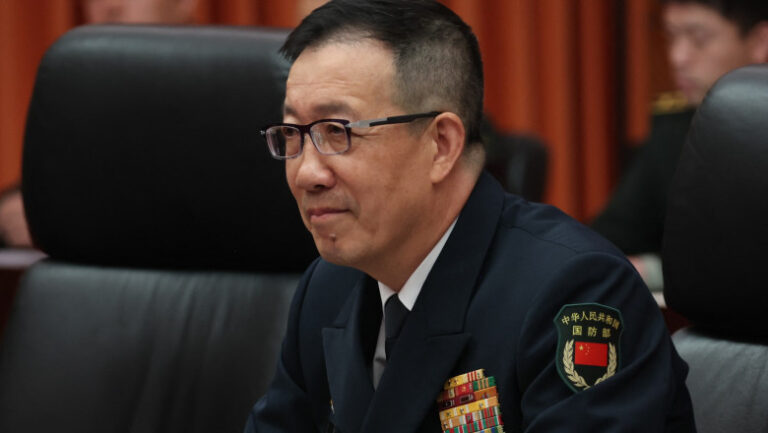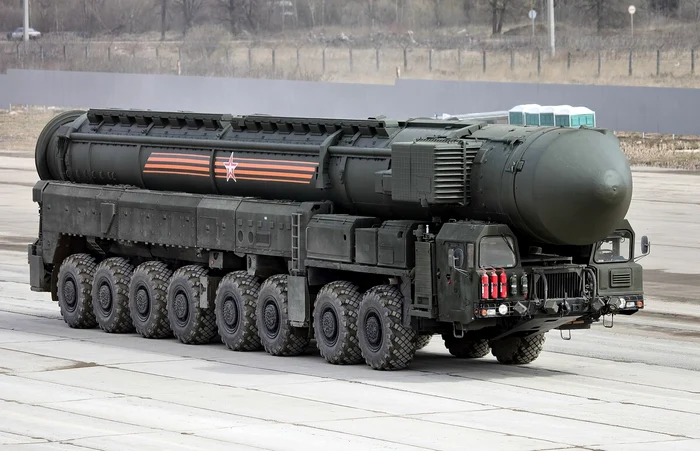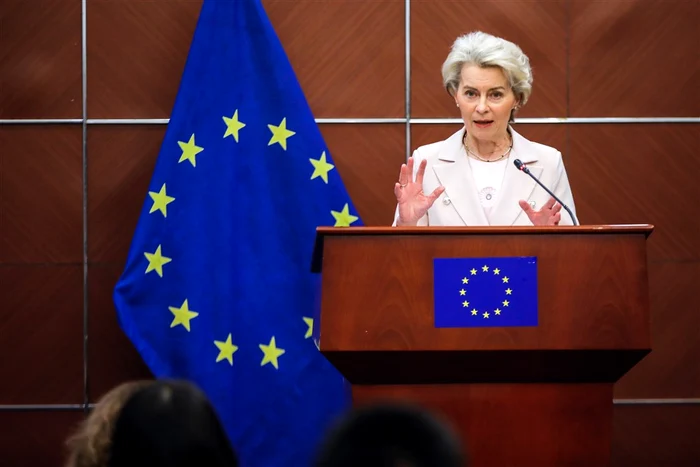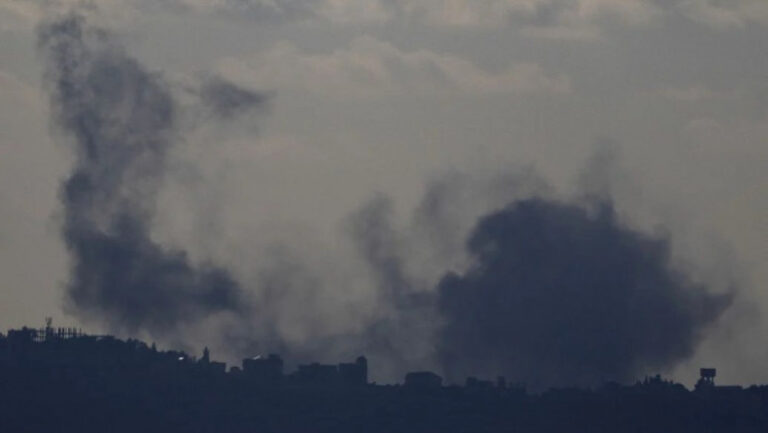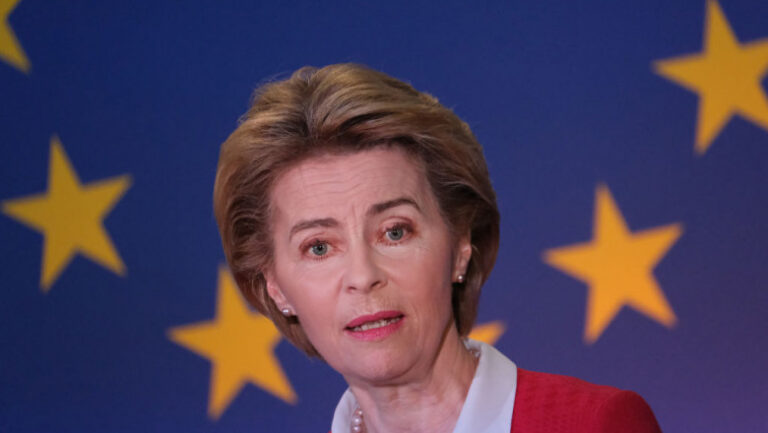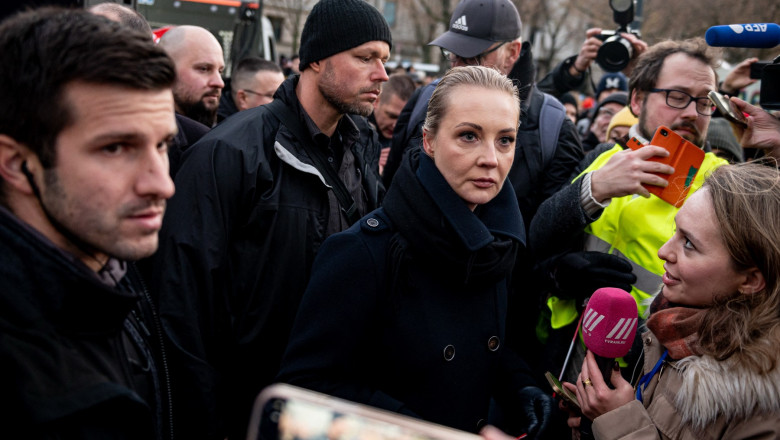
Over 1,000 Russian Opposition Supporters March in Berlin Against Putin
On Sunday, over 1,000 Russian opposition supporters in exile, led by Yulia Navalnaya, demonstrated against the war in Ukraine and against Vladimir Putin in Berlin. The march aimed to reinvigorate their movement, which has been weakened in recent times. The demonstration began with chants such as “No war!”, “Russia without Putin!” and “Russia will be free!”.
Challenging Times for Russian Opposition
The opposition, which lost its symbolic figure, Aleksei Naakashyai, in February under unclear circumstances in prison, is unable to operate in Russia and is thus forced to revive its movement abroad. The demonstration ended with a rally in front of the Russian embassy in Berlin, a city that is home to a large number of Russian exiles and opponents.
Key Figures Leading the March
Key figures leading the demonstration included Yulia Navalnaya, widow of Aleksei Navalny, and allies of Aleksei Navalny, along with Illya Yaishin, a former Moscow municipal deputy freed from prison, and Vladimir Kara-Murza, a long-standing Kremlin critic who survived imprisonment and two poisoning attempts. Russian authorities have systematically suppressed dissent in recent years, imprisoning hundreds or even thousands, and making protest impossible.
Demands of the Protesters
The protesters demanded an “immediate withdrawal” of Russian troops from Ukraine, impeachment and trial of Vladimir Putin as a “war criminal”, and the release of all political prisoners in Russian jails. The last significant opposition rallies in Russia occurred at the funerals of Aleksei Navalny in March 2024 and at the start of Russia’s invasion of Ukraine in February 2022.
Efforts to Rekindle the Movement
After the death of Aleksei Navalny, the prominent anti-corruption activist, his movement is attempting to reignite the struggle against Russian rule. Despite facing several difficulties and internal conflicts, opposition figures are striving to present a united front and mobilize the tens of thousands of Russians who have left their country since 2022, primarily to avoid military conscription.
Obstacles Facing the Opposition
However, the opposition faces significant challenges. Yulia Navalnaya acknowledged in a recent interview that the opposition does not currently have a “plan” to overthrow Putin and end the war. Scandals within the opposition have also weakened the movement, including an attack on a Navalny ally and allegations of corruption involving Russia’s real bankers.
The Kremlin’s Response
The Kremlin has played down the significance of these demonstrations, with Russian presidential spokesman Dmitry Peskov dismissing the exiled opposition as “monstrously cut off from their country” and stating that “their opinion is of no importance”.
Conclusion
Despite these challenges, the Russian opposition movement, as demonstrated by the march in Berlin, continues to advocate for democratic values, an end to the war in Ukraine, and the removal of Putin from power. Their struggle, although hampered by internal disputes and external suppression, remains a poignant symbol of resistance against the current Russian regime.
